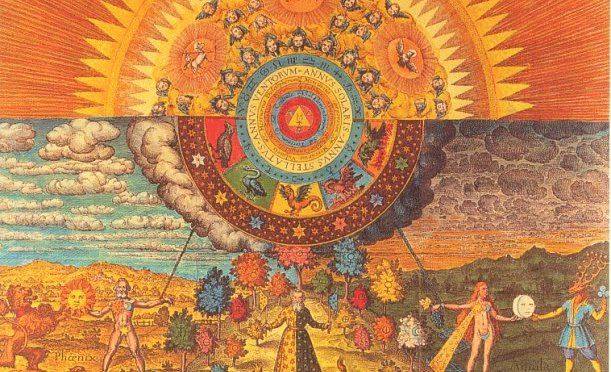Mystics throughout human history
It is difficult to accurately determine how many mystics there have been throughout human history, as the concept of mysticism and the characteristics that define a mystic have varied greatly over time and across different cultures. Mysticism is a broad term that refers to a range of spiritual practices and beliefs that involve the direct experience of a transcendent or ultimate reality. It can include practices such as meditation, prayer, and contemplative practices, as well as beliefs about the nature of the universe, the divine, and the ultimate meaning of life.
Throughout history, there have been many individuals who have been revered as mystics by their followers or by later generations, and there have been many different traditions and movements that have embraced mysticism in one form or another. Some examples of mystics who have had a significant influence on the history of mysticism include figures such as the ancient Greek philosopher Plotinus, the Christian mystics Meister Eckhart and Teresa of Avila, the Sufi mystics Rumi and Al-Ghazali, and the Buddhist mystics Nagarjuna and Hakuin.
It is not possible to accurately estimate the total number of mystics who have lived throughout human history, as many mystics may have gone unrecognized or their contributions may have been lost to history. Additionally, the concept of mysticism is itself highly subjective, and different people may have different ideas about what constitutes a mystic or a mystical experience.
What makes a mystic or a speaker to the divine?
A mystic is a person who seeks a direct and intimate relationship with the divine or ultimate reality, often through spiritual practices such as meditation, prayer, and contemplation. Mystics may also have experiences of enlightenment or unity with the divine, which they may describe as a sense of oneness or transcendence of the ego.
Mystics are often seen as having a special connection to the divine or a deeper understanding of spiritual truths. They may be seen as having a more direct or intuitive understanding of spiritual matters, rather than relying solely on tradition, doctrine, or intellectual understanding.
It’s important to note that the term “mystic” is often used to describe people who have had profound spiritual experiences, but it is not necessarily a formal title or designation. Different traditions and spiritual paths may have their own definitions of what it means to be a mystic or to have a mystical experience.
Why are mystics important to humanity and society?
Mystics have played an important role in many cultures and spiritual traditions throughout history. They have often been seen as sources of wisdom, guidance, and inspiration for others seeking to deepen their own spiritual understanding or connection with the divine.
Mystics may offer insights and perspectives that challenge traditional beliefs or teachings, and their experiences and insights can help to enrich and broaden our understanding of the spiritual dimension of life.
In many traditions, mystics have also been seen as exemplars of spiritual practice and as people who have achieved a high level of spiritual realization. Their lives and experiences can serve as examples and inspiration for others seeking to follow a spiritual path.
Mystics may also play a role in shaping the spiritual beliefs and practices of their communities or traditions. They may be seen as leaders or teachers, and their insights and experiences may influence the direction and development of spiritual practices within their traditions.
In general, mystics can contribute to the spiritual growth and development of individuals and communities, and can serve as a source of inspiration and guidance for those seeking to deepen their own spiritual understanding or connection with the divine.

